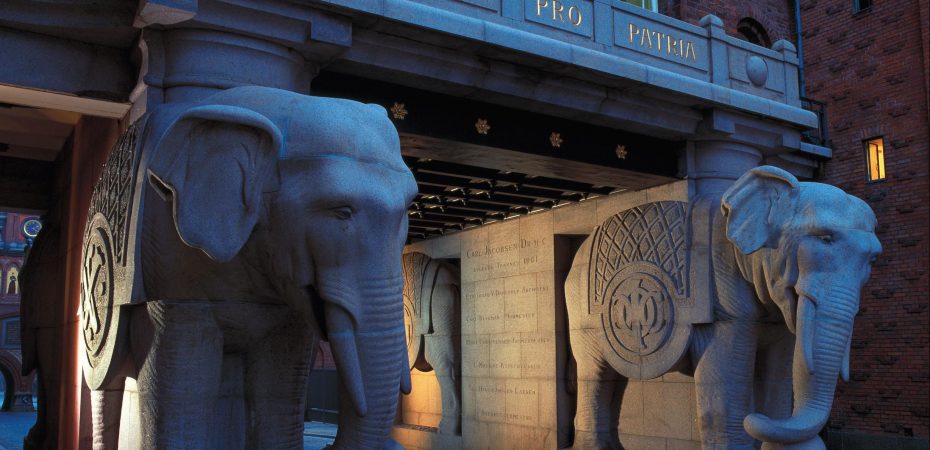To most beer drinkers who live outside Denmark the name Carlsberg conjures up only one thing – the famous green-labelled lager. It is this pilsener-style brew that is ubiquitous in drinking establishments the world over.
But it would be a mistake to think this is all Carlsberg produces as there is much more to the brewery than its universally recognised product. For me the diversity of its beers first hit home while judging in a blind-tasting of around 100 different brews; a Carlsberg bock beer justifiably took gold.
Unfortunately if you’re not in Denmark you won’t find this dark aromatic creation and other tasty brews such as Abbey Ale and Criollo Stout, nor its wonderful array of speciality and limited edition ales, on the shelf of your local food store or in your local bar because Carlsberg only produces these diverse beers for the lucky home market.
What people outside Denmark are also unlikely to know is that Carlsberg is a brewer with a fine heritage and pedigree that is easily as rich as some of its beers. Founded in 1847 by Jacob Christian Jacobsen, the brewery (for hardcore historians the first brew was completed on November 10) was from the outset a pioneering outfit.
Amongst other things it developed steam brewing techniques, new refrigeration methods and performed some ground breaking work with yeast that revolutionised the brewing industry.
Jacobsen’s scientific exploits enabled him to brew Denmark’s first consistently good quality bottom-fermented beer, using yeast he had procured from the Sedlmayr Brewery in Munich. High demand enabled him to move out of cellars under the ramparts of Copenhagen and build the Carlsberg brewery on a hill in the city’s suburb of Valby. Its name derived from the combination of ‘berg’ – meaning hill – and his son’s name ‘Carl’.
The pioneering zeal of the Carlsberg brewery continued through the inspired appointment of scientist Emil Christian Hansen who developed a method for propagating pure yeast that enabled him to isolate yeast that produced good beer from that which produced bad beer.
Such was Jacobsen’s interest in the science of brewing that in 1876 he founded the Carlsberg Foundation to support scientific research in Denmark.
Its finances were helped dramatically after he endowed his entire interest in the brewery to the Foundation upon his death in 1887. It is required by Charter to hold a 51 per cent stake in Carlsberg.
This Article is from Beers of the World Issue 7, and the rest can be found here.

